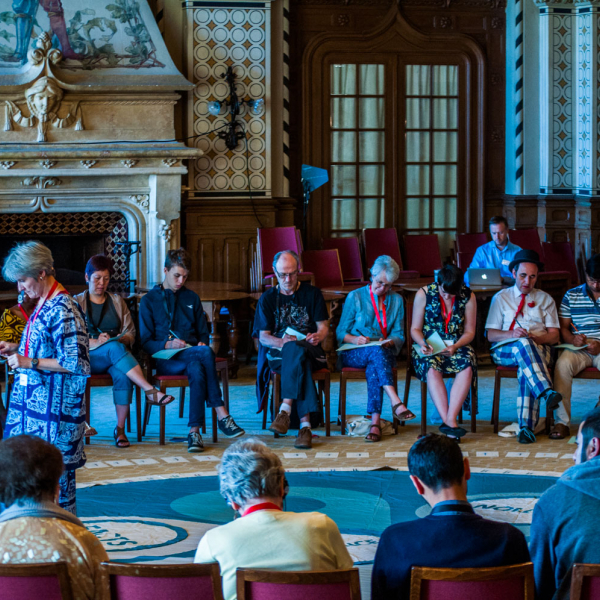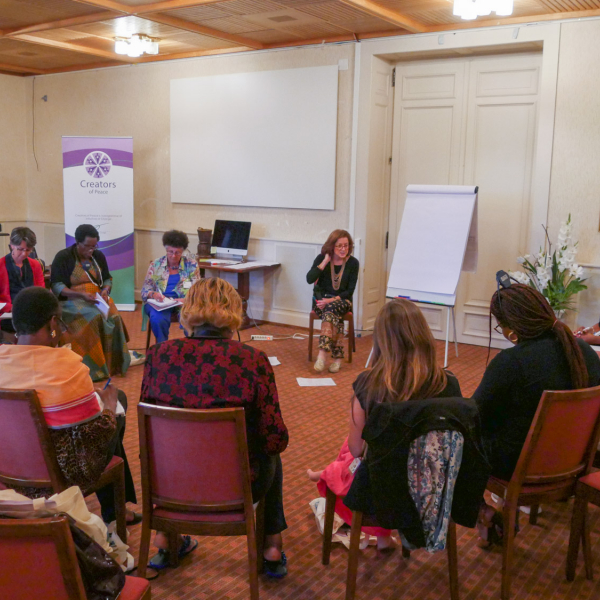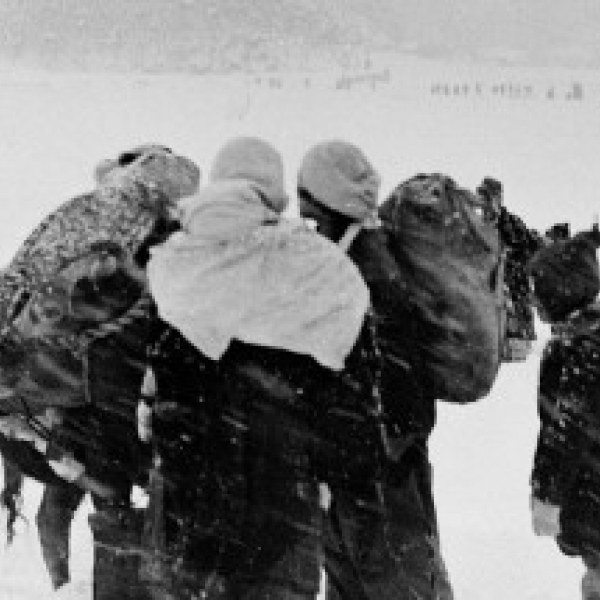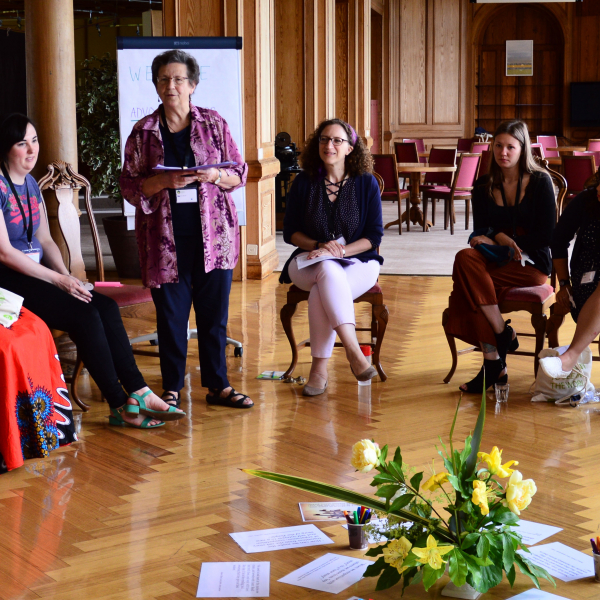Peace Day: A call for action to live peace
Peace Day: A call for action to live peace
21/09/2016
Peace is all about actions. It is a daily effort put forward by individuals and groups to set institutional, economic, social and cultural standards and boundaries, according to their own realities, to progressively upraise human dignity. It’s not an ending, but a starting point of an endless process that needs to be nurtured on a regular basis.
When peace has been spoiled, whether by war, conflicts or disputes of any kind, reconciliation efforts at the institutional level are mostly needed. Judicial and non-judicial measures are essential to restore social stability and regain governance, as we have seen across the world in countries that have experienced violent conflicts.
But all these measures are not enough, if not embraced by society as a whole, if values of peace are not internalised in people’s consciousness. Peace can only be effectively resettled by individuals, with a peaceful set of mind and ready to take on the challenge to positively impact their families, their friend circles, their workplaces, their community groups; in short terms, their society.
Over the past 70 years, Caux has been playing an active role in peace building processes, connecting individuals from around the world, breaking divides, building trust and creating interpersonal, interfaith and interethnic dialogues. Participants to our annual Caux Conferences –approximately 1500 each year- return to their personal and community settings inspired and equipped to be part of the change, to promote solutions to a wide range of local issues and to work for a more just, peaceful and sustainable world.
That was the case 25 years ago, when a group of women gathered at Caux and then decided to take action towards peace with a grass root community approach, bringing Initiatives of Change’s main tools, such as storytelling, inner reflection and community service, into practice. They launched Creators of Peace to promote community peace circles: small gatherings of women to deepen their understanding of each other and their peace creating capabilities.
 Active in more than 40 countries, Creators of Peace has now become a mayor programme of Initiatives of Change International. They play a significant role in conflict transformation, as they identify issues in the community with a potential for conflict and take common action.
Active in more than 40 countries, Creators of Peace has now become a mayor programme of Initiatives of Change International. They play a significant role in conflict transformation, as they identify issues in the community with a potential for conflict and take common action.
“We had this dream that this could come out as something unique, something that the world has never seen”, said Ahunna Eziakonwa-Onochi, one of the founding mothers of Creators of Peace during the Living Peace Conference, recently hosted in Caux to commemorate the 25th anniversary of this initiative.
“25 years later, there is a greater urgency for this kind of work… peace begins with the individual and then multiplies, therefore we need to reach the individual and increase the opportunity for people to connect and to participate in building peace”, she added.
Caux offers this unique opportunity, as we have seen this year when a delegation from Tulsa, Oklahoma (USA), was invited to attend the Just Governance for Human Security Conference to openly discuss the impact of the 1921 Tulsa Race Riots, a tragic event of a region that continues to experience racial conflicts. After their experience in Caux, members of the delegation decided to continue the dialogue in Tulsa itself, as a way of dealing with the past, healing the wounds and start a personal and a community reconciliation process .
An open and frank discussion never took place in Tulsa, according to the delegation’s members, maybe because they never had the chance during the last nine decades. Inspired by Caux, on the 15th September 2016, the first public forum took place at the Tulsa Historical Society, gathering more than 125 community members. A great step forward to transform a society torn over race, hopefully.
That is the reason why we are convinced of the transformative force of individuals. Peace building should not be seen as an exclusive domain of public officers, institutions, international organisations, laws, etc. It should also be a bottom-up, community based process, led by strongly committed people.
Every effort, as little as getting to know your neighbor, or random acts of kindness, is a step towards peace: what will you do for Peace?





